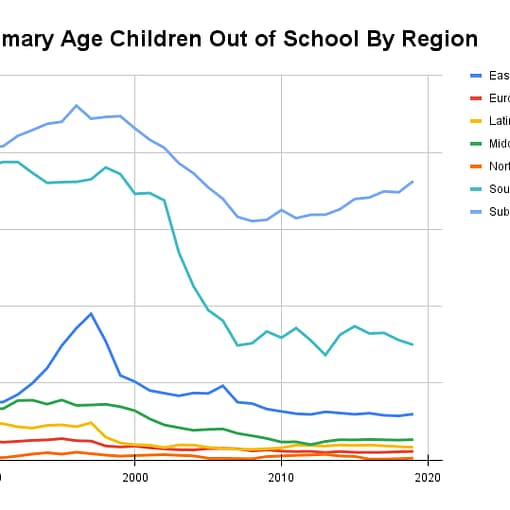Solitary confinement is often touted as an effective tool for maintaining prison order and curbing violence among inmates. However, a growing body of evidence suggests that the drawbacks of solitary confinement far outweigh its purported benefits, despite the stance taken by many correctional facilities. The primary concern lies in the profound and irreversible damage it inflicts on inmates’ mental health, leading to a host of alarming outcomes including increased risks of suicide, homicide, and drug overdose. The psychological toll of solitary confinement is so severe that “Even if someone doesn’t enter solitary with a mental health condition, it’s possible for them to develop a specific psychiatric syndrome due to the effects of isolation.” Research indicates that prolonged isolation can result in the shrinkage of brain regions associated with memory, exacerbating feelings of loneliness and disconnection from reality.
According to Rule 43 of The United Nations Standard Minimum Rules for the Treatment of Prisoners, also known as the Nelson Mandela Rules, subjecting individuals to indefinite or prolonged solitary confinement amounts to torture and is deemed a cruel and inhumane punishment. While Rule 44 appears to provide some leeway by permitting confinement of up to 22 hours a day for a maximum of 15 days under exceptional circumstances, the overarching view remains that solitary confinement contravenes UN human rights principles against cruel, inhumane treatment, and torture.
Gathering comparative data on solitary confinement poses significant challenges. This post focuses on the United States as a case study to emphasize our firm conviction that solitary confinement violates international standards prohibiting cruel, inhumane punishment, and torture. Our discussion delves into the United States’ approach to this issue.
According to a recent study by Solitary Watch, it’s estimated that around 70,000 prisoners in the United States were subjected to solitary confinement at some juncture in 2019. We utilized this data to chart the proportion of individuals undergoing solitary confinement within the incarcerated population in the United States for the year 2019.

The prevalence of solitary confinement varied across states, with percentages ranging from 1.4% in Colorado to a staggering 25.7% in Nevada. This means that in Nevada, one out of every four prisoners was subjected to what we consider a gross violation of their human rights, whether as a disciplinary measure or to mitigate conflict between inmates.
In the United States, the legal stipulations for solitary confinement dictate that prisoners must be housed in a heated and ventilated room, no smaller than 87 square feet or 8 square meters. Depending on the state, the maximum duration of solitary confinement ranges from anywhere between 72 hours to 15 days. It’s crucial to note that this time limit applies to each instance of confinement; prisons have the authority to renew this period, subjecting individuals to prolonged isolation for extended periods, such as up to 60 months in California.
In 2016, the federal system banned the use of solitary confinement in its juvenile correctional facilities. Many states have also prohibited or limited the use of this practice. The following map uses data collected by Lowenstein Center for the Public Interest to examine the current status of solitary confinement laws concerning minors in US states.

Solitary confinement, regardless of its duration, creates deplorable living conditions for inmates, obstructs rehabilitation efforts, and contributes to a myriad of mental and physical health issues.
Throughout the United States, there is a prevailing consensus that solitary confinement yields more harm than good. According to the University of Public School of Maryland, “An overwhelming majority (86%) of American voters support reforms in current Congressional legislation that would greatly restrict the use of solitary confinement,” underscoring the belief that solitary confinement constitutes cruel and unusual punishment, in violation of the Eighth Amendment of the US Constitution.
As mentioned earlier, Rule 44 of the United Nations Standard Minimum Rules for the Treatment of Prisoners allows for solitary confinement of up to 22 hours a day for a maximum of 15 days in exceptional circumstances. However, there are numerous cases where inmates are subjected to prolonged solitary confinement. Dennis Wayne Hope, a native of Texas, spent 27 years in solitary confinement before his case was challenged and he was eventually released into the general prison population. His case garnered attention because many believed his rights were being violated, characterizing his treatment as cruel and unusual punishment. This serves as another instance where the rules outlined by the UN for the treatment of prisoners were contravened to the benefit of the incarcerating nation.
In conclusion, we firmly believe that there is no justification for the use of solitary confinement in prisons, whether in the United States or elsewhere in the world. Not only does it violate the US Constitution, but it also runs counter to the UN’s regulations for the treatment of prisoners. Merely being removed from society and placed in a new environment for reflection on one’s actions does not negate an individual’s rights, nor does it warrant treating them as subhuman. Regardless of location, individuals deserve to be treated with dignity and respect.
About the authors
Lucas Alfaiate is a graduating senior at Drew University majoring in Political Science.
Gavin Cross is a junior at Drew University majoring in International Relations with a minor in History.
Lenny Sanchez is a junior at Drew University majoring in Political Science and Spanish.
Editor's note: This entry was written for Drew University's PSCI 333 International Human Rights course.



